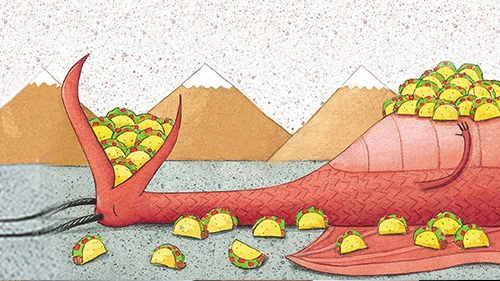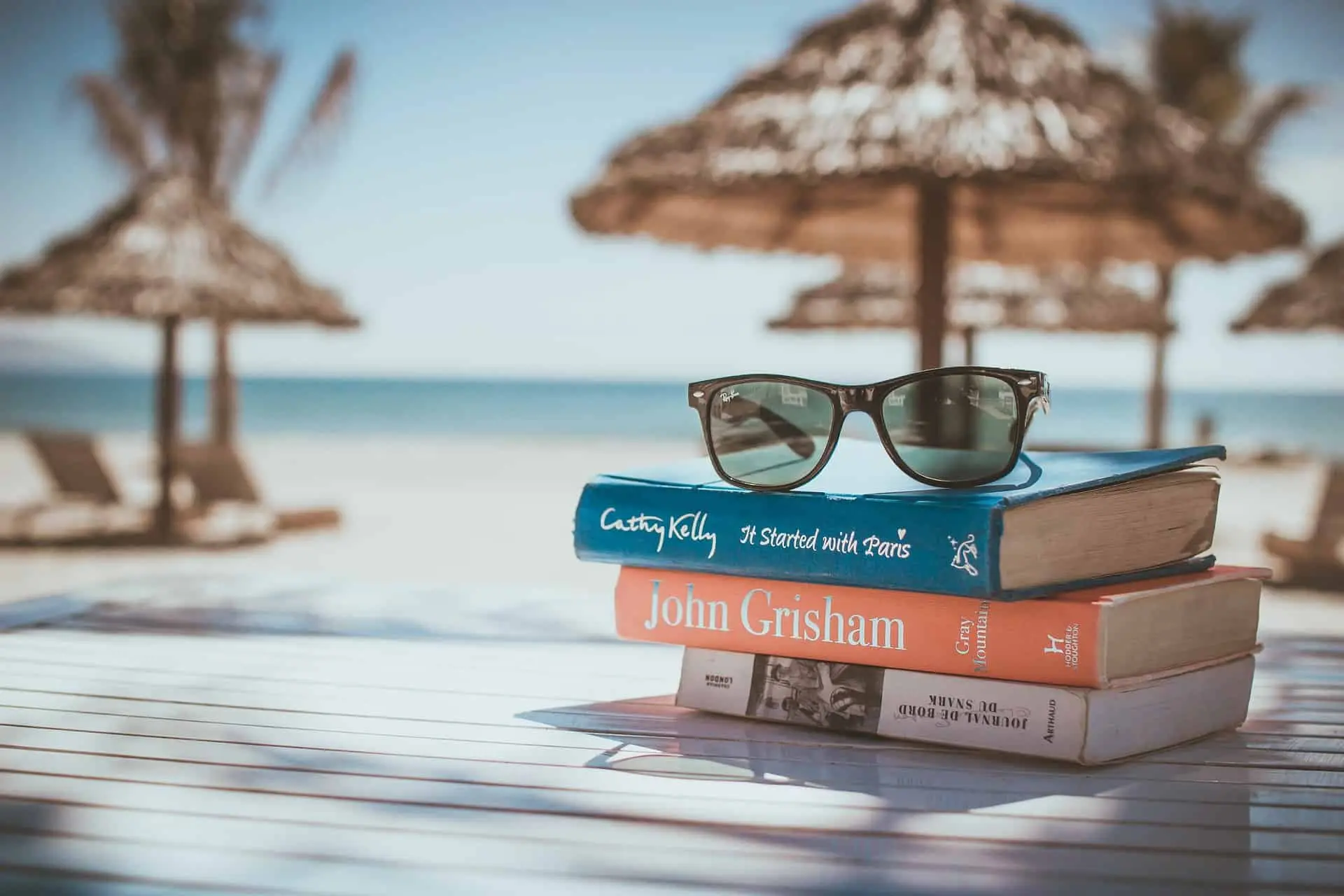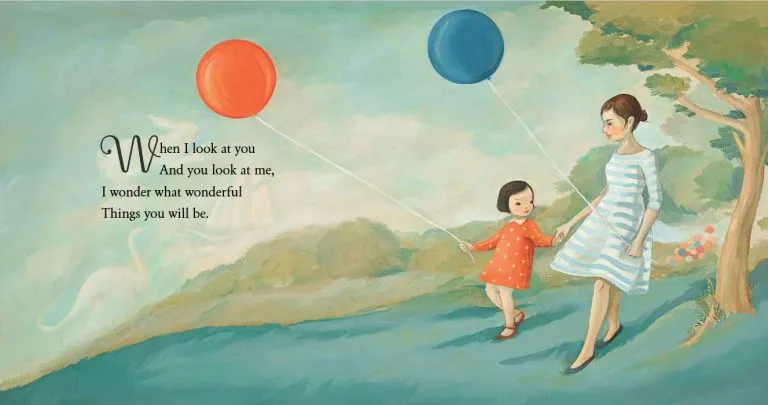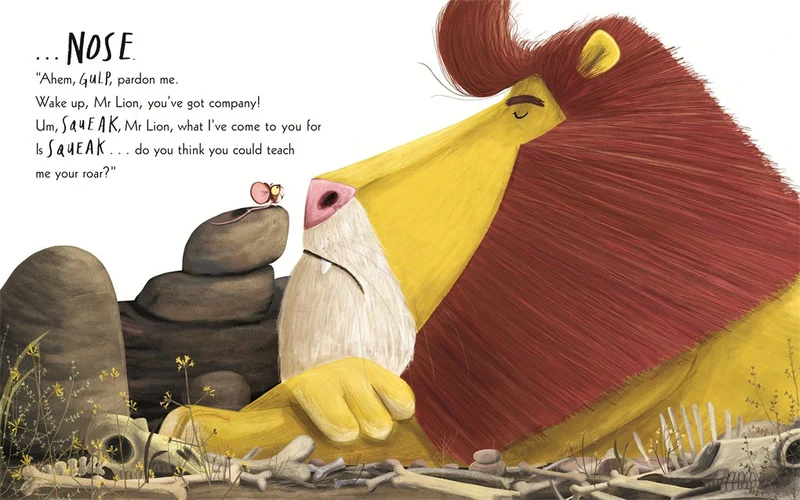How Ursula K. Le Guin Fooled the Poet Robert Hass

“I thought that I had discovered that I loved science fiction,” says Hass, whose new collection is “Summer Snow.” Then he “read a lot of it and discovered that I just loved Ursula Le Guin.”
What books are on your nightstand?
There are a lot of books on my nightstand, which tells me I am in a state of restless foraging.
The book I am reading at the moment, slowly, page by page, is Terry Tempest Williams’s “Erosion.” She has been a warrior for the American earth for three decades and I had just been in the canyonlands of Southern Utah where the reptile brain of the Trump administration is trying to shrink the Grand Staircase-Escalante National Monument by half in order to open that spectacular landscape with its stunning beauty, paleontological treasures and Native rock art to oil, coal and gas mining. Her passion and sanity and knowledge of that land make me want to stay awake and not get numbed by the waterfall of public callousness and greed.
But back to the pile of books. Nonfiction besides “Erosion”: C. D. Wright, “Casting Deep Shade” (her gorgeous last book, a meditation on the American copper beech); Robin DiAngelo, “White Fragility”; Mark Doty, “What Is the Grass: Walt Whitman in My Life” (and Whitman’s “Leaves of Grass” to go with it); David Abernethy, “The Dynamics of Global Dominance”; Samuel B. Griffith II, “The Battle for Guadalcanal” (I had an uncle who flew planes in the Pacific theater of the war); Alain Badiou, “Wittgenstein’s Antiphilosophy” (the premise of which seems to be that the young Wittgenstein upended professional philosophy by asking the philosophers what they mean by meaning.) Poetry: Arthur Sze, “Sight Lines”; Ariana Reines, “A Sand Book”; Catherine Barnett, “Human Hours”; Robert Lowell, “The Dolphin” (the new edition edited by Saskia Hamilton); Giovanni Pascoli, “Selected Poems,” translation by Taije Silverman with Marina Della Putta Johnston. Fiction: Richard Powers, “The Overstory”; Steve Yarbrough, “The Unmade World” (which I’ve finished but have kept at hand to dip into from love of the city of Krakow that it evokes and for its haunting story of twinned and mirroring forms of guilt and loss); also kept around Namwali Serpell, “The Old Drift”; and for occasional sleepless nights, Georges Simenon, “The Dancer at the Gai-Moulin” (the 10th of the 10 Maigret novels that Simenon published in 1931).
Coffee table, not nightstand: Blake Spalding and Jennifer Castle, “This Immeasurable Place: Food and Farming from the Edge of Wilderness.” Boulder, Utah (pop. 200), sits at the edge of the Grand Staircase-Escalante and in it is Hell’s Backbone Grill, a restaurant conceived and run by co-chefs who are the authors of this book and of a cuisine made out of Buddhist ethics, Mormon pioneer recipes, Puebloan cooking traditions, the philosophies of Alice Waters and Wendell Berry, and what grows in a high mountain desert. Great photographs. Seasonal recipes, including a terrific one for green tomatillo salsa.
Who is your favorite novelist of all time?
Don’t want to have to choose between Tolstoy and Dostoyevsky, but if I had to, I’d choose Tolstoy because reading Dostoyevsky is a little like voluntarily contracting a fever. And what about Dickens, James, Faulkner, Cather? Chekhov didn’t write novels but he is a touchstone for me. George Eliot! Toni Morrison! Austen!
Whom do you consider the best writers — novelists, essayists, critics, memoirists, poets — working today?
Don’t want to do this because I’ll forget someone whose work I love and it would be untoward to mention my wife. But somewhere on such a list would be for fiction Michael Ondaatje and Colm Toibin and for poetry the Korean poet Kim Hyesoon and the Chilean poet Raul Zurita.
Did you read poetry as a child? What books made you fall in love with poetry?
I did. Occasionally and with pleasure. Mostly for its sound. I don’t think I fell in love with poetry until I started trying to write poems in my early 20s. If falling in love is the right way to describe the fascination of it, which grew on me slowly.
Was there a book of poems or a poet in particular that inspired you to write?
No. Many poets. But reading the poets who had begun to publish in the 1940s and ’50s opened up worlds to me. The list would be long of the poets I was reading then, mostly in anthologies: Theodore Roethke, Robert Lowell, Elizabeth Bishop, John Berryman, Delmore Schwartz, Stanley Kunitz in the war generation, and then Allen Ginsberg, Gary Snyder, Gregory Corso, Sylvia Plath, Frank O’Hara, Robert Creeley, Robert Duncan, Robert Bly, James Wright, Edward Dorn, Adrienne Rich, LeRoi Jones (Amiri Baraka), Galway Kinnell, W. S. Merwin, John Ashbery, Kenneth Koch, Etheridge Knight, John Logan. Especially in those years Denise Levertov when I was trying to figure out what free verse was. These were the years of the civil rights movement and the Vietnam War, and poetry seemed an opening in many ways. I read ravenously across this range of experiences and at the same time I was trying to get a hold on the great generation these poets came out of and/or reacted against: T. S. Eliot pre-eminently, Ezra Pound, William Carlos Williams, Hilda Doolittle, Marianne Moore, Wallace Stevens, Hart Crane.
Which poets continue to inspire you?
Many. Mostly the older ones whom I read for pure pleasure: Shakespeare, John Donne, Wordsworth, Coleridge, Hopkins, Dickinson, Hardy. In translation: Czeslaw Milosz, Pablo Neruda. George Oppen, for something like a practical integrity, is an inspiration continually. I always return to William Butler Yeats, probably to him more than anyone else, almost entirely for the music and for the way he labored at his craft.
Are there poets whom you’ve gained greater appreciation for over time?
I didn’t get Dickinson when I was falling in love with poetry. In my mid-40s I fell in love with a woman who was in love with Dickinson and I began to read her with more attention and she seems to me now one of the supreme poets in the language. That opening to her, to what was a little nutty and adamantly original in her, was a great gift.
Do you see your poetry as having evolved over the course of your career? In what ways?
“Evolve” makes it sound like it happens of itself. “Struggling in different ways over the course of years” seems more like. There is something, though, that does feel like evolution. It seems to me now that in each of my books I was struggling with issues that had to do with being that age. In my 20s I wrote the poems of a young man in his 20s, etc.
If you were to write something besides poetry, what would it be?
I do. I write essays. When I found my way to college I also found my way to a library that had a reading room in which were displayed the literary and cultural weeklies and quarterlies — Partisan Review and The Hudson Review and Kenyon Review, the arts and culture sections of The New Republic and The Nation. There were essays on subjects I had no idea that serious people thought about — how to think about cowboy movies or silent comedy — and things that I found they did think about — how to listen to Miles Davis, what abstract expressionism was, and the reviews of novels and plays and books of poems, and (it was a Roman Catholic college) journals like Commonweal and America that had articles on the antinuclear movement and the civil rights movement and theology and existentialism. Also Commentary, the Jewish magazine. My great discovery in those years was the essays of James Baldwin; he had written about the essays of Albert Camus, which I went to and found that the essay was also a powerful literary form and one of the places where the grand conversation I had imagined college would be was actually happening.
What books do you find yourself returning to again and again?
“Leaves of Grass.” The poems of Yeats and Dickinson and Oppen, Milosz.
What genres do you especially enjoy reading? And which do you avoid?
I tend to binge, so I have to try to avoid genre fiction, but I’m attracted to mysteries, detective novels partly because they come in a series — so I would find myself working through the 10 novels Simenon wrote in 1931 to see what that explosion was about. I had a Patrick O’Brian addiction at one point. When I read Ursula Le Guin, who grew up in Berkeley, I thought that I had discovered that I loved science fiction, and read a lot of it and discovered that I just loved Ursula Le Guin, unless Calvino and Borges count as science fiction.
How do you organize your books?
Mostly by genre, poetry in English, poetry in translation and in other languages, fiction. Nonfiction is a problem but I treat it as one sprawling category, with separate shelves for music, American history, art books, travel guides, field guides, and natural history and environmental writing.
What books might we be surprised to find on your shelves?
I don’t think anybody would be surprised to find anything on my shelves. But I notice that they are distinctly different from my wife’s, though with a large literary overlap. On her shelf are feminist texts, books on mysticism, on every kind of psychology, the history of religion, on physics, and Emma Goldman and Walter Benjamin, self-help books, treatises on alchemy and magic.
You’re throwing a literary dinner party. What three writers, living or dead, do you invite?
Oh, I think about the dead. And wonder if Czeslaw Milosz would be grouchy about being roused from sleep and invited back into the turmoil of living. When I read the answers to this question on Sundays, I always wonder what they’d talk about at the party the writers were conjuring. One summer at a writers’ conference I had the great good luck of having dinner every night with Romulus Linney and Horton Foote and occasionally Marsha Norman. They would eat quickly so they could get back to their rooms and watch an episode of “Law & Order” before the evening reading. Then the next night they would gossip about the actors. They seemed to know them all. It made me think that that might be the way to get to know Shakespeare, to get him together with Chekhov and maybe Martin Scorsese and listen to them gossip about actors. But Czeslaw and Seamus Heaney and Tomas Transtromer, that would be very sweet, even if Tomas hardly opened his mouth in the company of the two semi-Catholics. It would be a pleasure to just look at his wry, preternaturally alert face.
What books are you embarrassed not to have read yet?
I’m too old to be embarrassed by what I haven’t read.
What do you plan to read next?
Either Robert Macfarlane, “Underland” or Richard Powers, “The Overstory.”




